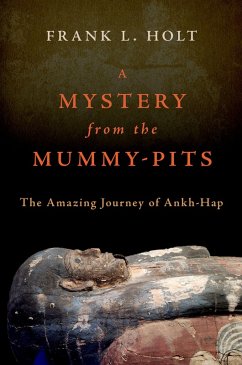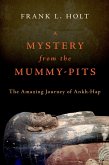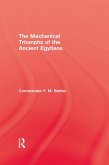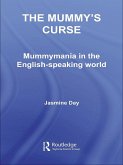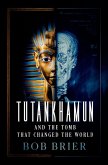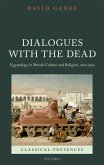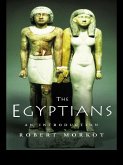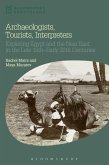As the world recently commemorated the hundredth anniversary of the discovery of the tomb of Tutankhamun, our fascination with the pharaoh begs for a balanced view. Most Egyptian tombs are not royal; most were never carefully cleared and documented; most have not had their occupants treated with respect or returned to their sepulchers; and most recovered mummies have not escaped the modern trafficking in ancient bodies and body parts. The story of Ankh-Hap, a Ptolemaic-era mummy seized in the nineteenth century from the infamous mummy-pits of Egypt, provides a salutary example of what most mummies have endured. Like a detective, Frank Holt makes use of a robust combination of scientific tools and archival research to tell the story of Ankh-Hap's life, death, and his mummified remains, which ended up in the back of an American college classroom.
A Mystery from the Mummy-Pits takes the reader into a forgotten world of mummy trafficking by an American entrepreneur named Henry Augustus Ward (1834-1906). In Rochester, N.Y., his company's shelves were stocked with mummies, coffins, and even ancient body parts such as mummies' heads ($10 each), legs ($4 each), and arms ($5 each). Customers could piece together their own "Frankenmummy" with authentic wrappings and amulets sold separately.
A Mystery from the Mummy-Pits contextualizes this fascinating information by surveying the history of similar mummies from antiquity to the twentieth century, moving from ancient tomb robbers and medieval apothecaries to modern dime museums, traveling shows, pulp fiction, films, and pop culture. The book offers readers a new glimpse inside a dark chapter of mummy history.
Dieser Download kann aus rechtlichen Gründen nur mit Rechnungsadresse in A, B, BG, CY, CZ, D, DK, EW, E, FIN, F, GR, HR, H, IRL, I, LT, L, LR, M, NL, PL, P, R, S, SLO, SK ausgeliefert werden.

